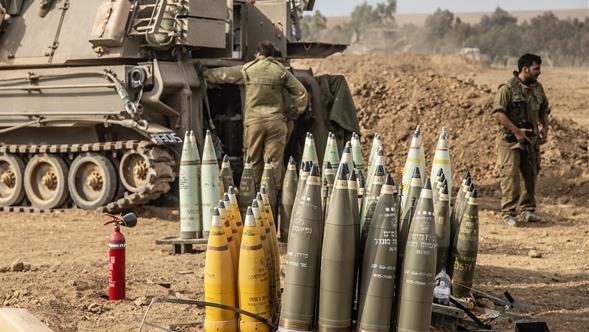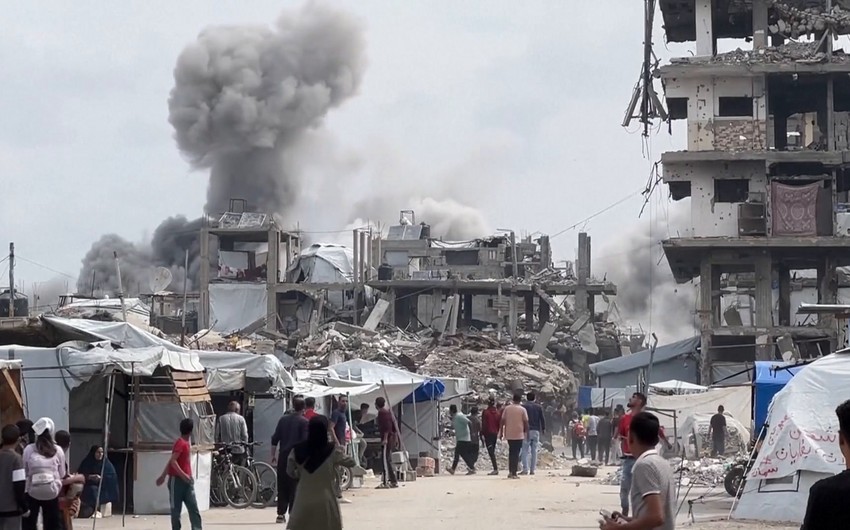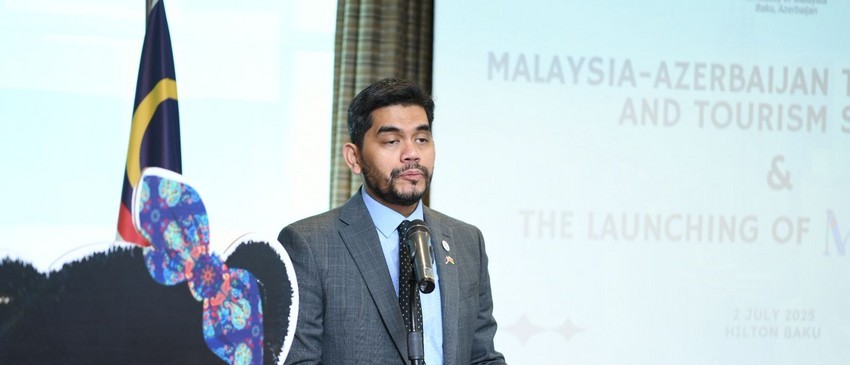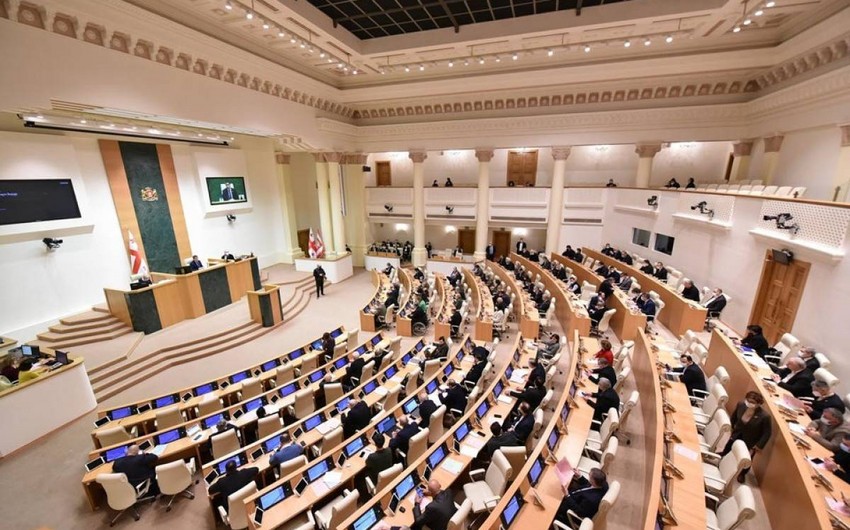The governor of Nigeria’s Borno state, Babagana Zulum, has sounded the alarm about a resurgence of the jihadist group Boko Haram, following a series of violent attacks and the group’s seizure of key areas in the northeastern region of the state. Governor Zulum, who has long been at the forefront of efforts to combat the insurgency, expressed concern that Boko Haram’s increasing activities could lead to further instability and destruction. He has called for greater military support to bolster the efforts of Nigerian soldiers who are currently engaged in the battle against the insurgents.
While the governor’s concerns reflect the dire situation on the ground, the Nigerian government has sought to downplay the severity of the threat, claiming that overall security has improved in the country over the past 18 months. The government’s position contrasts with the growing number of attacks reported in Borno state, which has been the epicenter of Boko Haram’s insurgency for over 15 years. The ongoing violence has forced over two million people to flee their homes, with the insurgents’ campaign of terror leading to the deaths of more than 40,000 civilians.
Boko Haram first gained widespread international attention in 2014 when it abducted more than 270 schoolgirls from the town of Chibok in Borno state. At the height of its insurgency in 2015, the group controlled vast stretches of territory in the region. However, sustained military pressure, both from the Nigerian armed forces and regional partners, pushed Boko Haram back. Despite this, the group has managed to remain a persistent threat, adapting its tactics and targeting security forces, police stations, and rural communities.
In the last year, Boko Haram has intensified its attacks, particularly on military installations, and a faction of the group, the Islamic State West Africa Province (Iswap), has carried out high-profile ambushes. In January of this year, Iswap militants reportedly ambushed Nigerian soldiers, killing at least 20, while another attack led to the deaths of 40 farmers. These attacks underscore the continued vulnerability of the region to the jihadist group’s violence and its ability to regroup and strike even after years of counterinsurgency efforts.
Governor Zulum, in a meeting with national security officials, expressed his dismay at the frequency of Boko Haram’s operations, particularly the daily kidnappings and attacks on civilians in various communities. He warned that Borno state was “losing ground” in its efforts to contain the insurgency, a sentiment that has been echoed by security experts on the ground. Analysts believe that the Nigerian military’s efforts are being stretched thin due to the increased focus on tackling banditry and kidnappings in the north-western part of the country, resulting in fewer troops being deployed to combat Boko Haram in the northeast.
The situation has been further complicated by the withdrawal of troops from Niger, which had been part of a regional force created to confront Boko Haram. The lack of international support and the absence of a coordinated, cross-border military effort has made it more difficult to dismantle the insurgency. Experts argue that while defeating Boko Haram is challenging, it is not an impossible task, provided there is a concerted effort to provide the military with the necessary resources and support.
However, the persistent nature of Boko Haram’s insurgency is a reminder that the group has the ability to regroup, adapt, and continue to operate in the region despite years of military campaigns against it. Some analysts believe that a more comprehensive strategy, including improved intelligence gathering, enhanced coordination between regional forces, and greater support for local communities, is necessary to combat the group effectively.
In addition to the military challenges, the humanitarian crisis in the region is worsening. Thousands of displaced people continue to live in makeshift camps, and their lives are further threatened by the ongoing violence. Governor Zulum has highlighted the dire need for more international support to address the underlying causes of the insurgency, such as poverty, unemployment, and lack of basic services, which Boko Haram exploits to gain new recruits.
The situation in Borno state serves as a stark reminder of the complexities involved in addressing insurgencies and the need for a multi-faceted approach to ensure long-term peace and stability. While the Nigerian government has made strides in combating Boko Haram, the group remains a potent threat to security and humanitarian conditions in the region. With Boko Haram continuing to target civilians and security forces alike, the path to defeating the group remains uncertain and fraught with challenges.
Madina Mammadova\\EDnews









